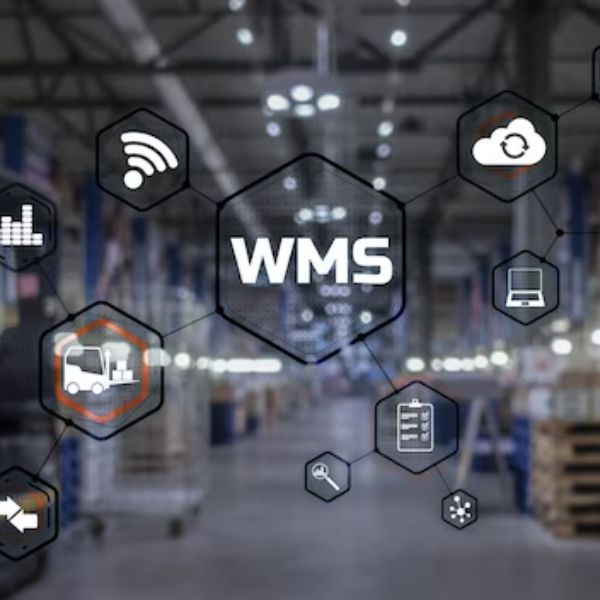Logistics play a pivotal role in determining a business's success in the ever-evolving landscape of global commerce. To thrive in a competitive market, companies must ensure that their supply chains are efficient, flexible, and responsive. This is where a modern logistics management systems (LMS) comes into play. This article will explore why your business needs a modern LMS to gain a competitive edge.
The Evolution of Logistics Management:
Traditionally, logistics involved manual processes, spreadsheets, and a fair share of guesswork. However, modern business demands have transformed logistics management into a complex, data-driven discipline. A modern LMS leverages cutting-edge technology to optimise every aspect of the supply chain. Here's why it's essential:
1. End-to-End Visibility:
A modern LMS offers end-to-end visibility into your supply chain. It tracks the movement of goods from the point of origin to the final destination. This visibility allows you to monitor inventory levels, shipping status, and potential disruptions in real-time. With such insights, you can make informed decisions, reducing the risk of delays or stockouts.
2. Streamlined Inventory Management:
Efficient inventory warehouse management is crucial for maintaining a competitive edge. A modern LMS employs advanced algorithms to optimise inventory levels. It helps you strike the delicate balance between having enough stock to meet demand and avoiding excess inventory that ties up capital.
3. Cost Optimization:
A significant advantage of a modern LMS is its ability to reduce operational costs. You can minimise labour costs and fuel expenses by automating processes, such as route planning and order fulfilment. The system also helps select the most cost-effective shipping options, leading to substantial savings.
4. Enhanced Customer Experience:
In today's consumer-driven market, the customer experience is paramount. A modern LMS ensures on-time deliveries, accurate order fulfilment, and proactive customer communication. These elements contribute to improved customer satisfaction and loyalty.
5. Scalability and Adaptability:
Businesses don't stand still. They grow, change, and adapt to market dynamics. A modern LMS is flexible and scalable, accommodating your business's evolving needs. Whether you're expanding your product line, entering new markets, or responding to shifts in demand, the logistics management software can adjust accordingly.
6. Data-Driven Decision-Making:
A modern LMS generates a wealth of data related to your supply chain operations. This data is a goldmine for analytics and informed decision-making. By leveraging data-driven insights, you can identify bottlenecks, forecast demand more accurately, and continuously optimise your logistics processes.
7. Compliance and Risk Management:
The regulatory landscape governing logistics is ever-changing. A modern LMS helps you stay compliant with regulations and manage risks effectively. It ensures that your operations adhere to industry standards, reducing the potential for costly fines or disruptions.
In conclusion, a modern Logistics Management System is not just a tool; it's a strategic asset that can propel your business ahead of the competition. Its ability to provide end-to-end visibility, streamline operations, optimise costs, and enhance the customer experience equips your business to thrive in a dynamic and competitive market. Embracing modern logistics management with a warehouse management system is not merely an option but necessary for long-term success and growth.


No comments yet